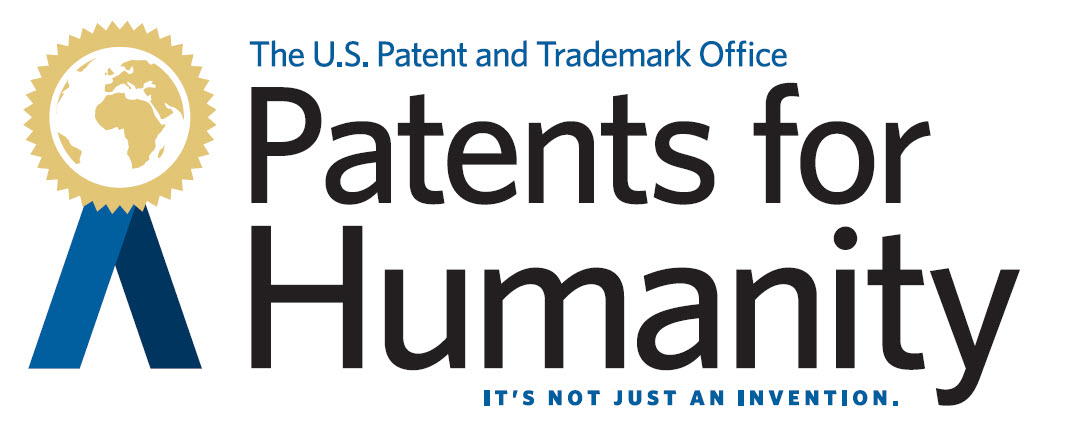
The United States Patent and Trademark Office (USPTO) announced the 2018 Patents for Humanity winners with Vanderbilt University awarded an honorable mention.
Vanderbilt University and the Crowe Lab (a part of the Vanderbilt Vaccine Center) was awarded an honorable mention for their work in distributing antibodies for Zika virus to other researchers to develop vaccines and treatments. Within a year of the outbreak, the Vanderbilt team isolated and characterized human monoclonal antibodies that specifically target Zika virus proteins and block the virus from infecting cells. This research led to the filing of the present PCT patent application, which covers a collection of 19 Zika antibodies and cell lines engineered to produce these antibodies. Fortunately, long before Zika made global headlines, Dr. James E. Crowe, Jr., Director of the Vanderbilt Vaccine Center, was collecting blood samples from the few individuals known to have been infected with the then-rare virus. The logistics for obtaining diverse samples from many regions of the world required coordination among numerous teams at Vanderbilt, including those involved in project management, the institutional review board, legal, contract management, research, and technology transfer. The value of this coordinated effort in preparation for an outbreak was apparent when the Vanderbilt team was able to rapidly deploy an assortment of tools to the Zika research community in response to the epidemic.
Dr. Crowe’s laboratory at Vanderbilt created large quantities of the antibodies for use as research tools by both non-profit institutions and industry. More than 23 contracts, including 10 licenses and option agreements and 13 material transfer agreements, were completed in the year following the team’s key publication to facilitate sharing and development of these research materials. Vanderbilt has also made Zika antibodies available for use in vaccine development under multiple non-exclusive licensing agreements to enable competition and allow multiple companies to simulateously develop vaccines.
The Patents for Humanity Award is the USPTO's top honor for applicants best representing the Patents for Humanity criteria. Honorable mentions are made to applicants with promising accomplishments who may qualify for an award in future years with further developments. Entries were received in five categories representing pressing global needs: medicine, nutrition, sanitation, energy, and living standards. The award ceremony is scheduled for the fall, with arrangements forthcoming.
Under Secretary of Commerce for Intellectual Property and Director of the United States Patent and Trademark Office Andrei Iancu, said,
“Each of these recipients showcases the power of innovation to help the less fortunate around the globe. By recognizing and honoring these innovators whose creativity and curiosity dared them to solve some of the toughest humanitarian challenges, we hope this program will continue to inspire countless more to follow in their footsteps.”
The Patents for Humanity Award is the USPTO's top honor for applicants best representing the Patents for Humanity criteria. Honorable mentions are made to applicants with promising accomplishments who may qualify for an award in future years with further developments. Entries were received in five categories representing pressing global needs: medicine, nutrition, sanitation, energy, and living standards. The Patents for Humanity program was launched by the USPTO in February 2012 as part of an initiative promoting game-changing innovations to address long-standing development challenges.




